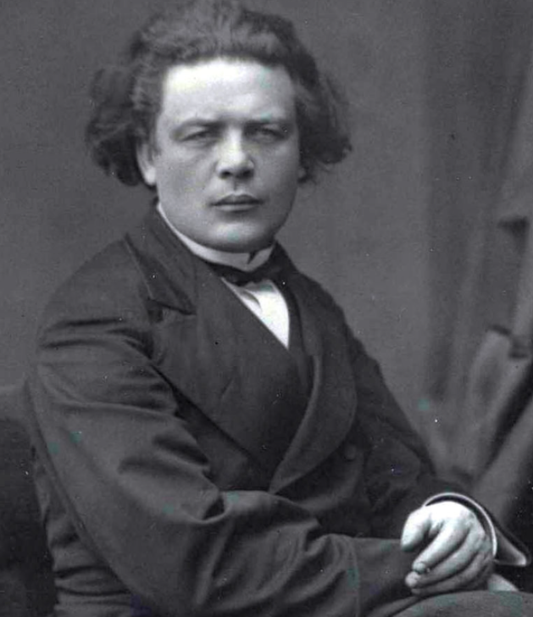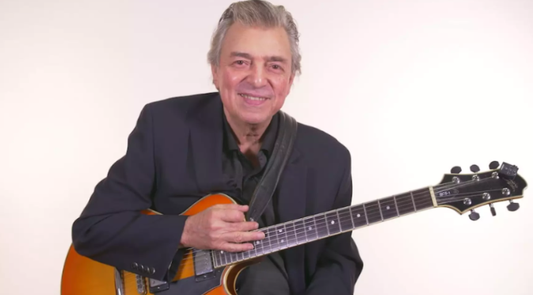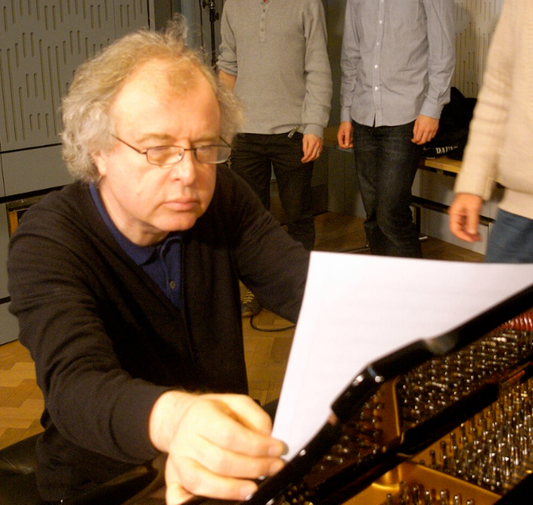Collection: GUSTAV MAHLER (1860-1911)
Gustav Mahler (1860-1911) stands as a towering, complex figure bridging the lush Romanticism of the 19th century and the burgeoning anxieties of the 20th. Primarily known for his monumental symphonies and deeply personal song cycles, he was also one of the most celebrated and demanding conductors of his era, a duality that defined his creative life. His music, often misunderstood during his lifetime, now forms a cornerstone of the orchestral repertoire, renowned for its emotional intensity, philosophical depth, and vast sonic landscapes.
Born into a German-speaking Jewish family in Bohemia (then part of the Austrian Empire), Mahler displayed prodigious musical talent early on. He entered the Vienna Conservatory at 15, studying piano and composition. However, his true ambition lay in composing, a pursuit constantly challenged by the practical necessity of earning a living through conducting.
Mahler's conducting career was meteoric. He rose through the ranks of provincial opera houses across the Austro-Hungarian Empire – Hall, Laibach, Olmütz, Kassel, Prague, Leipzig, Budapest, and Hamburg – building a reputation for uncompromising artistic standards and meticulous preparation. His interpretations were fiery, dynamic, and often controversial, revitalizing familiar works. This ascent culminated in his appointment as Director of the prestigious Vienna Court Opera in 1897, a position arguably the most influential in the musical world at the time. To secure this post, he controversially converted to Catholicism, navigating the pervasive antisemitism of Vienna. His ten years in Vienna transformed the opera house, but his relentless demands eventually led to friction and his departure. He spent his final years dividing his time between composing during the summers and conducting in New York, first at the Metropolitan Opera and later as director of the New York Philharmonic.
Despite the consuming nature of his conducting career, Mahler dedicated his summers almost exclusively to composition, retreating to rustic composing huts in the Austrian Alps. It was here that his unique musical universe took shape. His output is dominated by nine completed symphonies (a tenth was left unfinished) and several orchestral song cycles, notably Lieder eines fahrenden Gesellen (Songs of a Wayfarer), the Kindertotenlieder (Songs on the Death of Children), and the late masterpiece Das Lied von der Erde (The Song of the Earth), a work he subtitled "A Symphony for Tenor, Contralto (or Baritone) and Orchestra."
Mahler's symphonies are works of immense scale and ambition, often requiring vast orchestral forces, including choruses and vocal soloists. He famously stated, "A symphony must be like the world. It must contain everything." His music embraces startling contrasts: sublime spirituality juxtaposed with earthy folk tunes and military marches, profound tragedy undercut by bitter irony, childlike innocence intertwined with existential dread. He drew inspiration from nature, poetry (especially the folk collection Des Knaben Wunderhorn), personal experience, and philosophical contemplation on life, death, and transcendence.
His style is characterized by its kaleidoscopic orchestration, complex counterpoint, long, evolving melodic lines, and a deeply personal emotional narrative. Early symphonies (Nos. 1-4) often incorporate song elements and exhibit a clearer programmatic leaning. The middle period symphonies (Nos. 5-7) are purely instrumental, exploring darker, more complex emotional terrain, culminating in the devastating Sixth Symphony, the "Tragic." His late works (Das Lied von der Erde, the Ninth and unfinished Tenth Symphonies) grapple profoundly with mortality, farewell, and the search for meaning in the face of suffering, marked by a radical harmonic language and textural clarity that anticipates musical modernism.
Mahler's life was marked by personal tragedy, including the death of his young daughter Maria in 1907 and the subsequent diagnosis of a fatal heart condition. These experiences undoubtedly fueled the intense subjectivity and preoccupation with mortality found in his later music.
During his lifetime, Mahler the conductor was revered, but Mahler the composer faced incomprehension and hostility from many critics and audiences. It was only decades after his death, championed by conductors like Bruno Walter and Leonard Bernstein from the mid-20th century onwards, that his music achieved widespread recognition. Today, Gustav Mahler is acknowledged as a prophetic voice, a composer whose vast symphonic worlds continue to challenge, console, and resonate deeply with listeners, offering a profound reflection on the human condition.








